Description
Sifrol 250Mcg Tablet
Description :
Each tablet contains pramipexole base 180 and 700 mcg equivalent to pramipexole diHCl monohydrate 250 mcg and 1 mg, respectively.
Pramipexole is (S)-2-amino-4,5,6,7-tetrahydro-6-propylamino-benzothiazole.
Indications / Uses :
Treatment of signs and symptoms of idiopathic Parkinson’s disease. As monotherapy or in combination with levodopa.
Administration :
May be taken with or without food: May also be taken w/ meals to minimize GI upset.
Contraindications :
Hypersensitivity to pramipexole or any other component of Sifrol.
Special Precautions :
When prescribing Sifrol in a patient with renal impairment a reduced dose is suggested in line with Dosage & Administration.
Hallucinations and confusion are known as a side effect of treatment with dopamine agonists and levodopa. Hallucinations were more frequent when pramipexole was given in combination with levodopa in patients with advanced disease than in monotherapy in patients with early disease. Patients should be informed that (mostly visual) hallucinations can occur.
Pathologic changes (degeneration and loss of photoreceptor cells) were observed in the retina of albino rats in the 2-year carcinogenicity study. Evaluation of the retinas of albino mice, pigmented rats, monkeys and minipigs did not reveal similar changes. The potential significance of this effect in humans has not been established, but cannot be disregarded because disruption of a mechanism that is universally present in vertebrates (ie, disk shedding) may be involved.
In case of severe cardiovascular disease, care should be taken. It is recommended to monitor blood pressure, especially at the beginning of treatment, due to the general risk of postural hypotension associated with dopaminergic therapy.
Symptoms suggestive of a neuroleptic malignant syndrome have been reported with abrupt withdrawal of dopaminergic therapy.
Effects on the Ability to Drive or Operate Machinery: Patients should be aware of the fact that hallucinations can occur and may adversely affect their ability to drive. Patients should be alerted to the potential sedating effects associated with pramipexole, including somnolence and the possibility of falling asleep while engaged in activities of daily living. Since somnolence is a frequent adverse event with potentially serious consequences, patients should neither drive a car nor operate other complex machinery until they have gained sufficient experience with pramipexole to gauge whether or not it affects their mental and/or motor performance adversely. Patients should be advised that if increased somnolence or episodes of falling asleep during activities of daily living (eg, conversations, eating, etc) are experienced at any time during treatment, they should not drive or participate in potentially dangerous activities and should contact their physician.

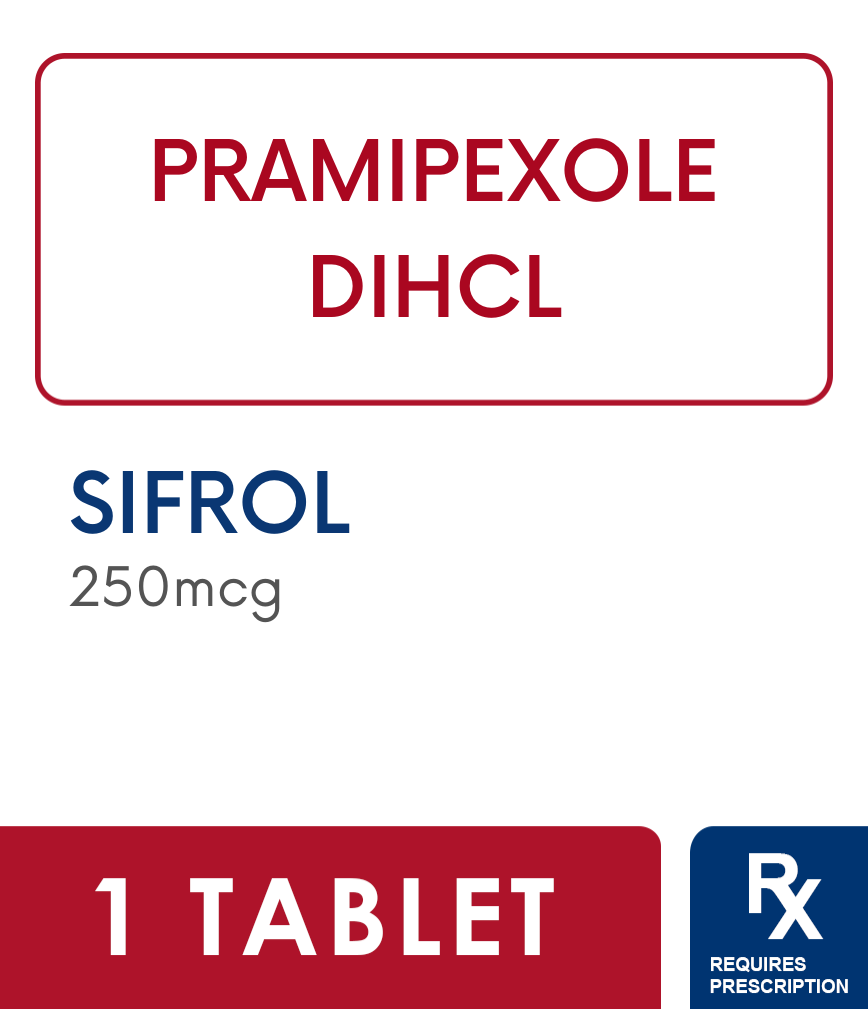

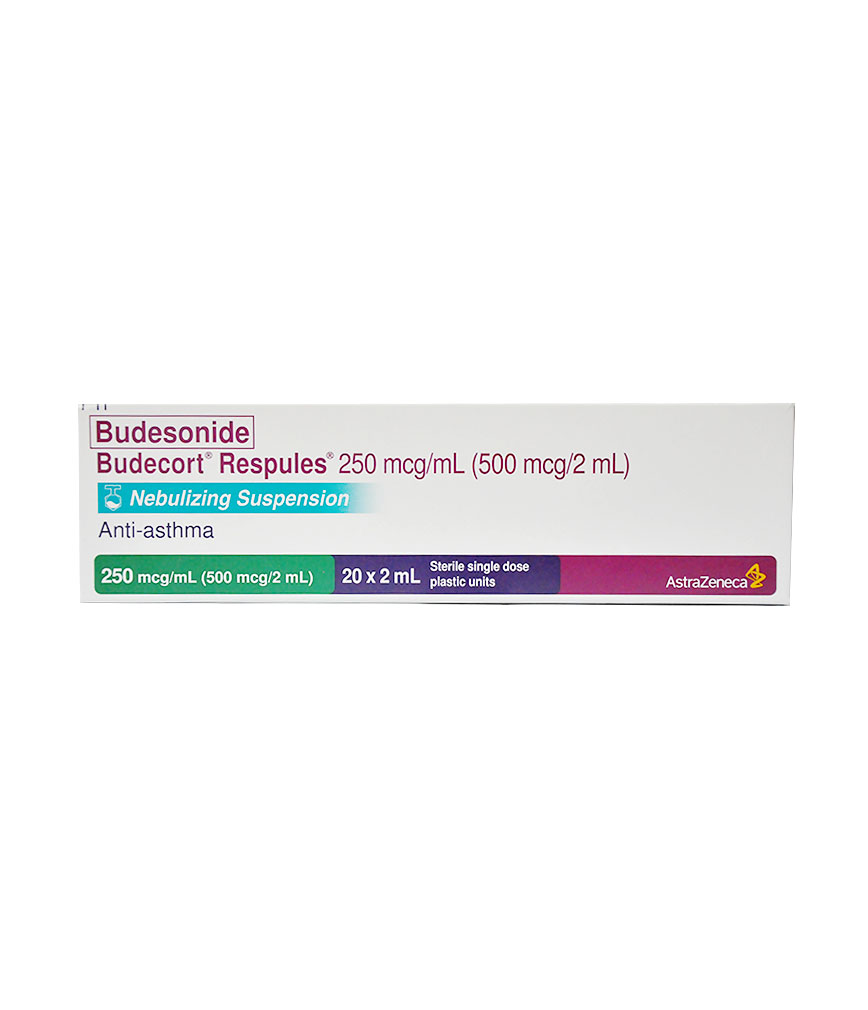



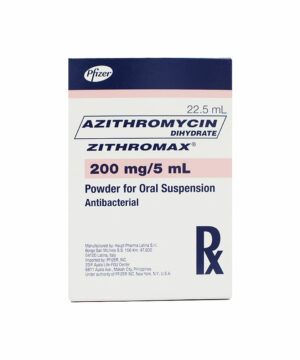

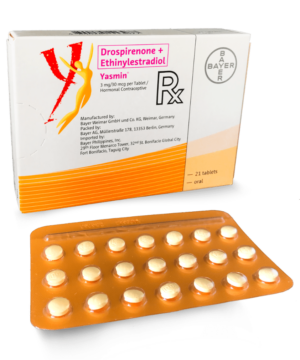
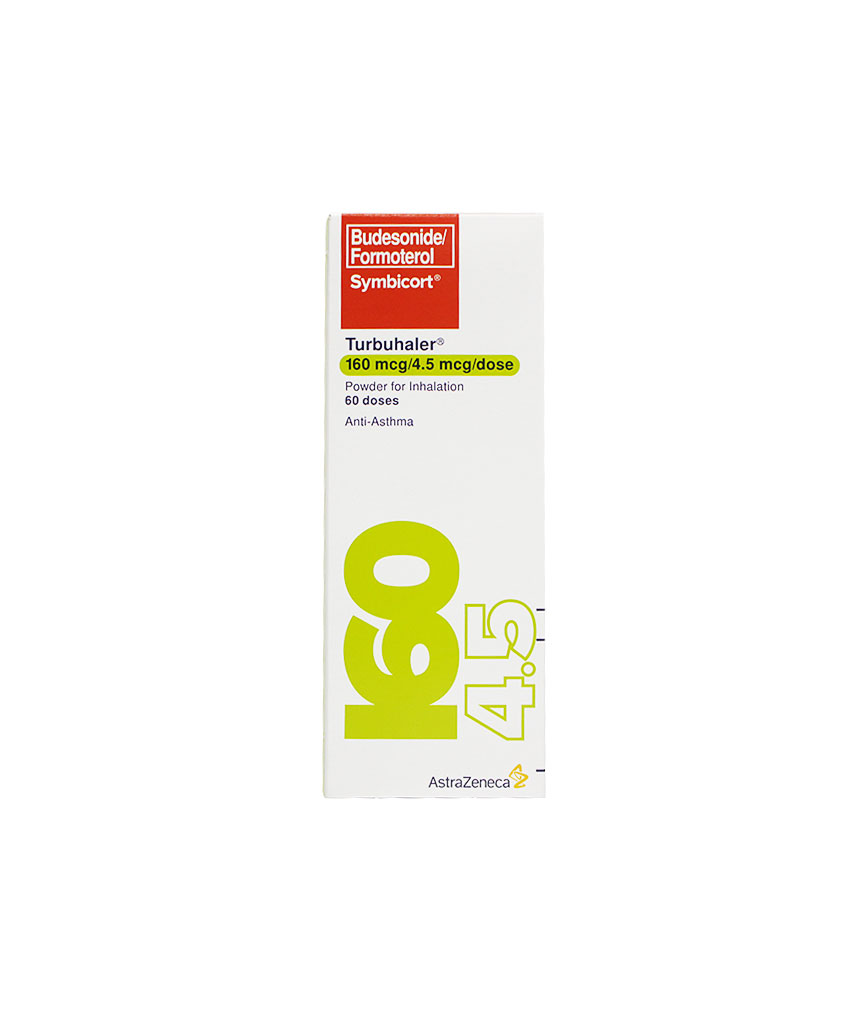



Reviews
There are no reviews yet.